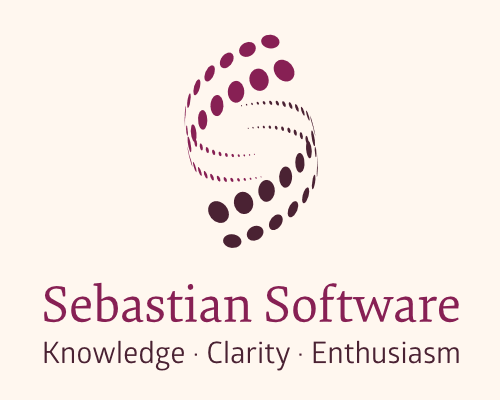Advanced Boilerplate






A NodeJS V6 Universal React Boilerplate with an Amazing Developer Experience.
TOC
About
This boilerplate contains an absolutely minimal set of dependencies in order to get you up and running with a universal react project as quickly as possible. It provides you with a great development experience that includes hot reloading of everything.
Features
- Universal / Isomorphic application development.
- Extreme live development - hot reloading of client/server source with high level of error tolerance.
- Express server with a basic security configuration using hpp and helmet.
- ReactJS as the view layer.
- React Router as the router.
- React Helmet allowing control of the page title/meta/styles/scripts from within your components. Direct control for your SEO needs.
- CSS Support with CSS modules and additional flexible full PostCSS chain for advanced transformations e.g. autoprefixer
- Fully integrated asset support for referencing files in CSS and JavaScript.
- Full ES2015 support, using Babel to transpile where needed.
- Bundling of both client and server using Webpack v2. See also: The Cost of Small Modules
- Client bundle is automatically split by routes and uses tree-shaking for smallest possible builds.
- Long term caching of the client bundle works out of the box.
- Support for development and optimized production configuration.
- Easy environment configuration via
dotenvfiles. - Markdown rendering for Components integrated.
- Super modular Lodash with Webpack tooling to enable automatic tree shaking
- Fetch API Polyfill integrated
- Stylelint CSS linting
- ESLint v3 integrated with sensible default configuration.
- PostCSS Lost Grid integrated
- Redux and Thunk middleware
- Apollo Client (GraphQL)
- Data Loading on Server Side using
fetchDatastatic methods where available
Work in progress
- Jest for unit testing
- Flow Typechecking
Overview
This boilerplate uses Webpack 2 to produce bundles for both the client and the server code.
The reasoning for using Webpack to bundle both the client and the server is to bring greater interop and extensibility to the table. This will for instance allowing server bundles to handle React components that introduce things like CSS or Images (as and when you add the respective loaders).
Given that we are bundling our server code I have included the source-map-support module to ensure that we get nice stack traces when executing our code via node.
All the source code is written in ES2015, and I have explicitly kept it to the true specification (bar JSX syntax). As we are following this approach it is unnecessary for us to transpile our source code for the server into ES5, as node v6 has native support for almost all of the ES2015 syntax. Our client (browser) bundle is however transpiled to ES5 code for maximum browser/device support.
The application configuration is supported by the dotenv module and it requires you to create a .env file in the project root (you can use the .env.example as a base). The .env file has been explicitly ignored from git as it will typically contain environment sensitive/specific information. In the usual case your continuous deployment tool of choice should configure the specific .env file that is needed for a target environment.
Project Structure
/
|- lib // The target output dir for our library export
| |- index.es.js // ES2015 module export
| |- index.js // CommonJS export
|
|- build // The target output dir for our build commands.
| |- client // The built client module.
| |- server // The built server module
|
|- src // All the source code
| |- common // Common utilities
| |- config // Central configuration files
| |- server // The server specific source
| |- client // The client specific source
| |- demo // Demo application
| |- webpack // Build infrastructure
| |- scripts // Available scripts when installed via npm
|
|- .babelrc // Dummy babel configuration
|- .env.example // An example from which to create your own .env file.
|- rollup.config.js // Configuration file for bundling scripts into executable
NPM Commands
npm run start
Starts a development server for both the client and server bundles. We use react-hot-loader v3 to power the hot reloading of the client bundle, whilst a filesystem watch is implemented to reload the server bundle when any changes have occurred.
npm run prod
Builds the client and server bundles, with the output being production optimized.
npm run prod:start
Executes the server. It expects you to have already built the bundles either via the npm run build command or manually.
npm run clean
Deletes any build output that would have originated from the other commands.
License
Copyright

Copyright 2016-2017
Sebastian Software GmbH